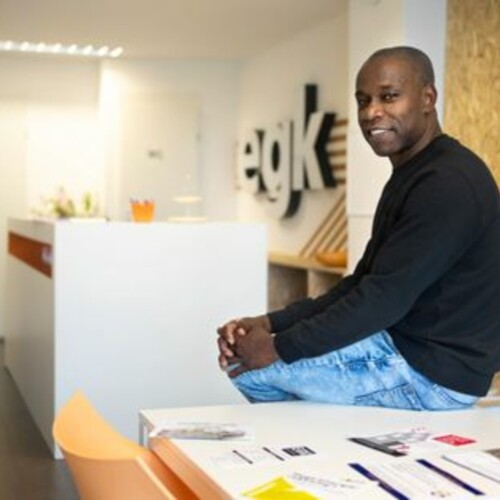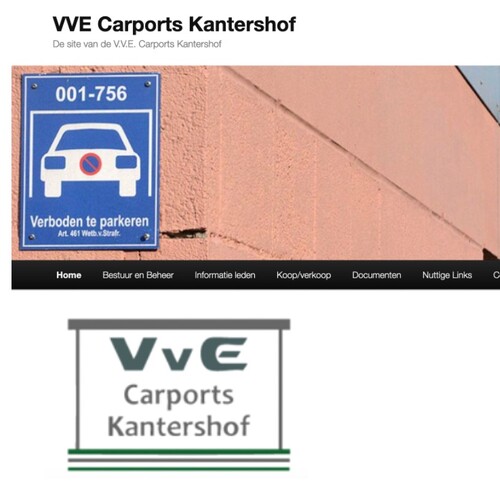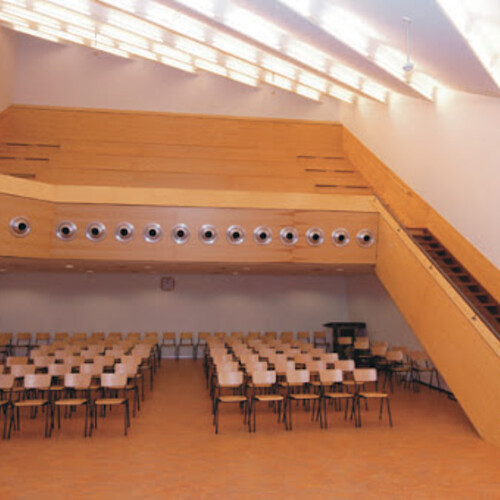This research explores the possibilities for socially inclusive energy exchange in Amsterdam Southeast and the factors influencing it. Local energy management systems (LEMS) perceive energy exchange merely as a business transaction, limiting residents to the roles of buyers and sellers and reducing the potential for social inclusion and value creation. This project adopts a new anthropological approach, viewing energy exchange as a social practice centered around community and relationships. A novel form of exchange, termed 'relational giving,' is proposed to leverage local expertise and expand social networks. In addition to a video, an energy action game has been designed to engage stakeholders, and a framework is presented for a 'Social Local Relational Energy Ecosystem' that considers the roles of various actors in promoting social energy exchange.
MSc Thesis - Unlocking social energy through relational giving
A SOCIAL CENTRE
This framework for Social Local Relational Energy Ecosystem revolves around a social centre.
A social centre which places local residents and their preferences and capabilities
at the core, not the energy grid. A social centre which connects local people to local
organisations and initiatives to expand networks and strengthen ties. A social centre which
is inclusive and enables participation and contribution in multiple forms, from actively giving
energy actions to investing in local tokens. A social centre which recognises the potential
of a local neighbourhood and creates space and opportunity for new ideas, partnerships
and commitments. This is an energy ecosystem which expands from the inside - out, enabling
relationships to form within and between layers and levels.
ENERGY ACTIONS: A GATEWAY
Energy Actions, arranged and organised through a local exchange platform, are a gateway
for enabling relationships to form on a micro level between residents, but also on a local
and systems level between organisations, associations and institutions. Local neighbourhood
initiatives, community centres and even research projects can all be collaborators in Energy
Action exchange, for example: a Living Lab can offer Energy Actions in the form of co-
research, Community centres can provide spaces for Energy Actions such as educational
workshops and trainings, VVE’s can commit to doing Energy Actions to foster a sense of
collective responsibility and local energy initiatives can reach more residents who are willing
to give their time and skills.
LOKAL TOKENS: A TOOL
Local tokens form part of the local exchange platform and are means for incentivising the giving
of energy actions, recognising local contributions and facilitating relational giving between
socially distant and disconnected individuals and groups. Local tokens, in cooperation with
Energy Actions, are a way to start unlocking social energy in neighbourhoods and allowing
this value to circulate locally. Local tokens can be used in various ways in this ecosystem, for
example: they can be given in return for an Energy Action, can be added to communal funds
or allocated to hubs and cooperations.
LIFE SOCIAL COMMITTEE: A CONNECTOR
The LIFE Social Committee is a board or organisational party consisting of local residents and
representatives from all of the actors within the social centre. They act as a bridge between
outside (or exo and macro level) actors with those on the local neighbourhood (or meso)
level, and vice versa. The LIFE Social Committee enables communication, transparency and
collaboration between different groups and stakeholders, connecting them through a
common goal: a socially inclusive energy transition in Amsterdam Zuidoost. Examples of this
bridging role include: mediating between local (energy) communities and the Johan Cruijff
Arena to make use of their battery and distributing local tokens sponsored by the municipality
to trusted local decision makers and relevant organisations.
 Energielab Zuid Oost
Energielab Zuid Oost

